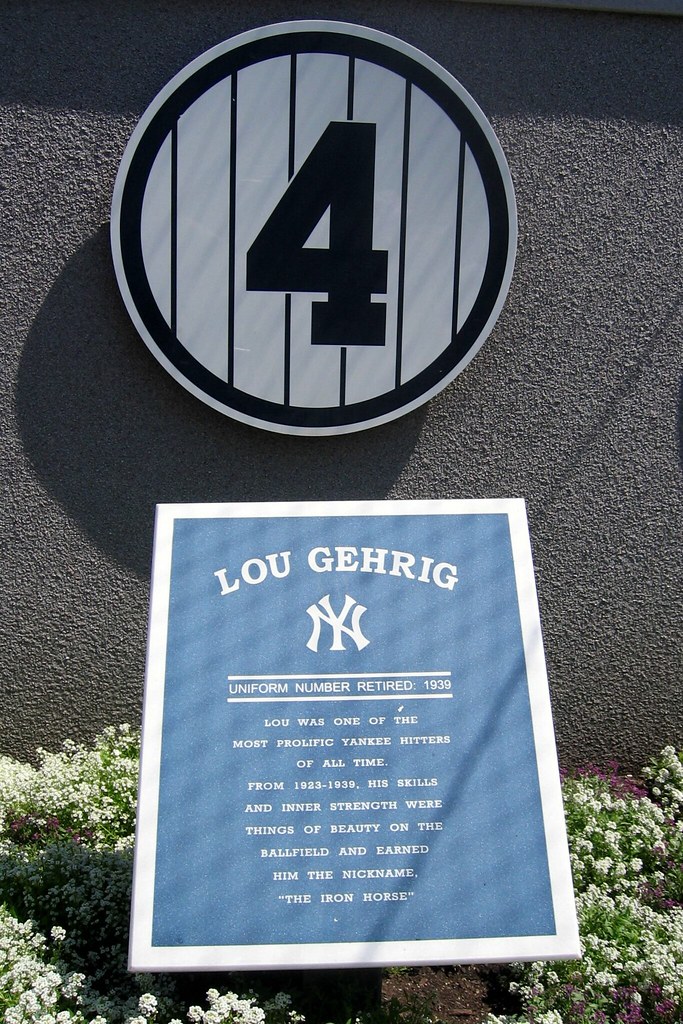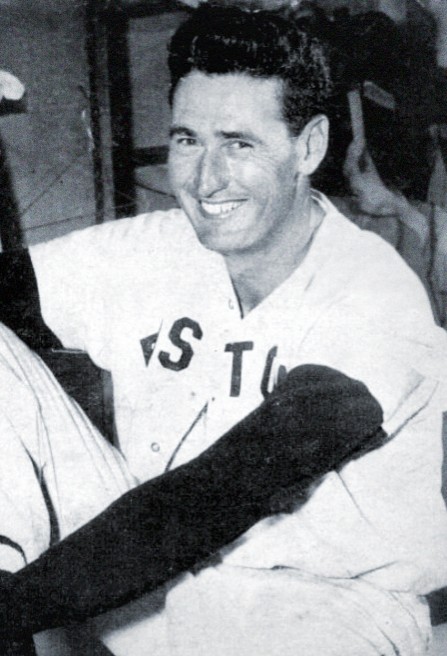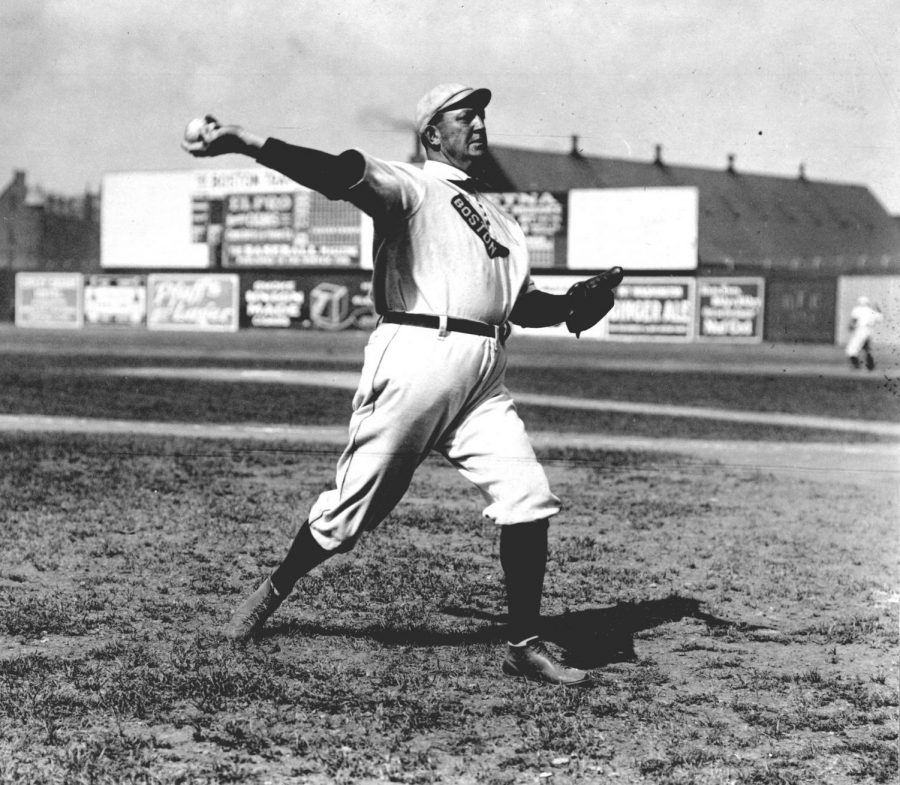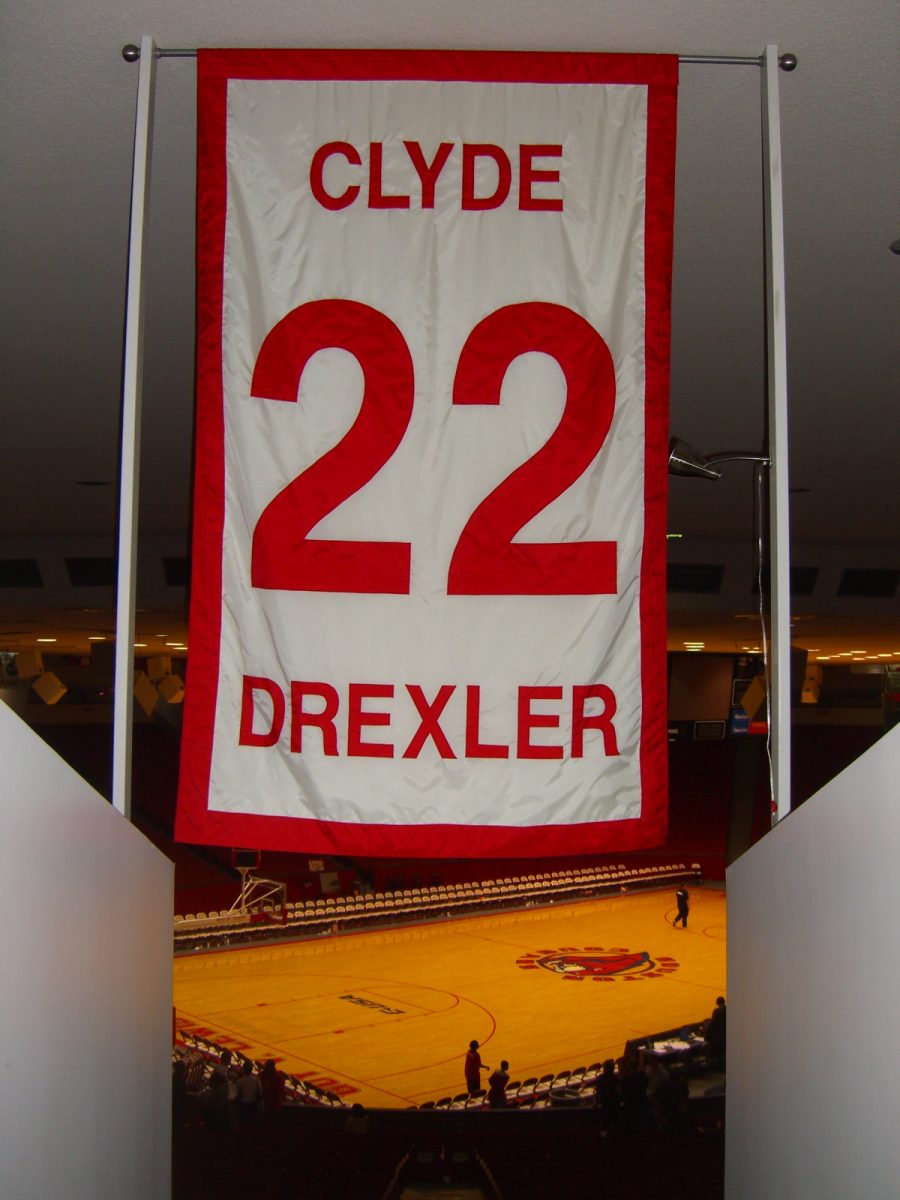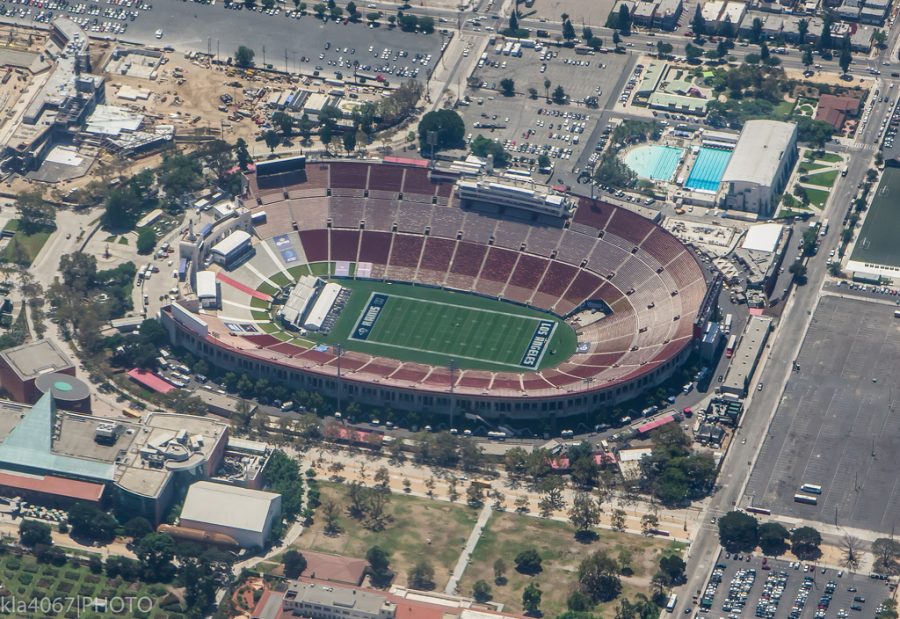Lou Gehrig fought through a slump and a weakened body throughout the 1939 season. Although his 1938 stat-line of 29 home runs, 114 RBIs and a .295 batting average isn’t bad by any means, it is nothing compared to Gehrig’s prime years. The Yankees entered the season having won their 3rd straight World Series and started off the 1939 season with a 5-2 record. They would go on to win a 4th straight World Series, sweeping the Reds. Gehrig had a rough start to the 1939 season, going 4/24(.167 batting average) and just one RBI in the first 7 games. In spite of Gehrig’s declining level of play, the Yankees were led by star center fielder Joe DiMaggio, who would go on to win his first of 3 MVPs.
In the game, Gehrig went hit-less, going 0/4, dropping his batting average to .143 on the year. After the game, Gehrig announced that he would sit on the bench for a few games but would still travel with the team. He never played a game the rest of the season and announced his retirement from baseball on June 21st. On July 4th, the Iron Horse delivered his famous “Luckiest Man Alive” speech. He finished his career with 2,721 hits, 493 home runs, 1,888 runs, 1,995 RBIs and a ,340 batting average.



